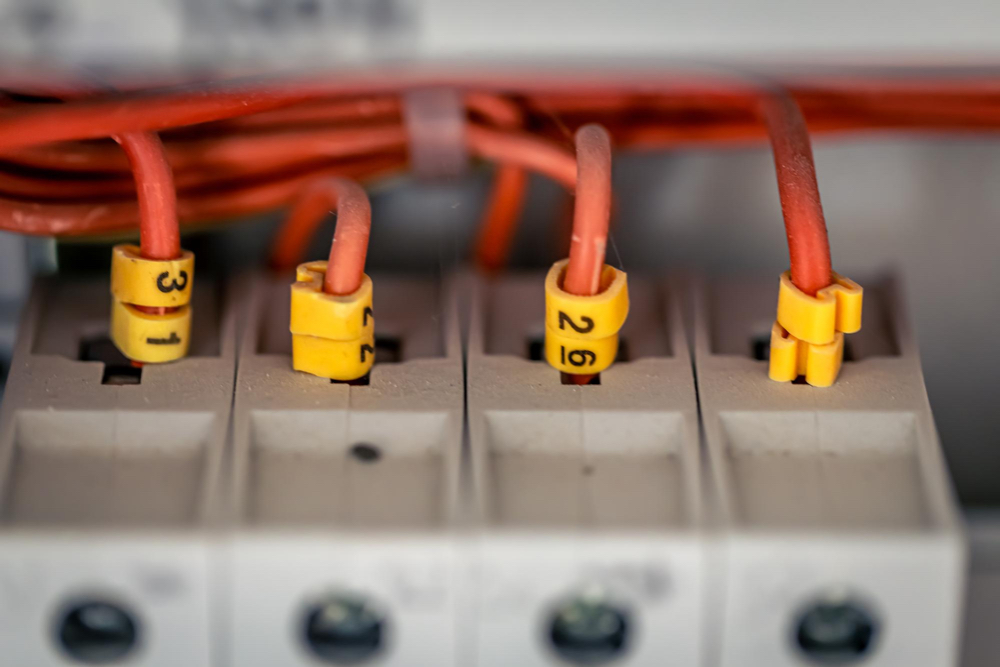In today’s rapidly evolving technological landscape, the integration of low voltage design has become indispensable in the construction industry. From communication networks to security systems and beyond, low voltage solutions play a pivotal role in shaping modern buildings’ functionality, efficiency, and safety. Engineering consulting firms are increasingly recognizing the significance of collaborating with low voltage design specialists to deliver comprehensive solutions that meet the diverse needs of their clients. This article explores how such collaboration enhances the capabilities of engineering consulting firms, enables them to optimize communication networks, security systems, and more, ultimately delivering superior outcomes for their clients.
Understanding Low Voltage Design
Before delving into the collaboration between engineering consulting firms and low voltage design specialists, it’s essential to understand what low voltage design entails. Low voltage systems typically include telecommunications, data networks, audiovisual systems, security and surveillance, access control, fire alarm systems, and environmental controls. These systems operate at a voltage level that is considered safe for both humans and equipment, typically below 50 volts for alternating current (AC) and 120 volts for direct current (DC). Low voltage design focuses on the planning, design, installation, and maintenance of these systems to ensure optimal performance, reliability, and safety.
The Role of Engineering Consulting Firms
Engineering consulting firms serve as trusted advisors to clients across various industries, providing expertise in architectural, structural, mechanical, electrical, and plumbing (MEP) engineering. Traditionally, their scope of services encompassed high voltage electrical systems, HVAC (heating, ventilation, and air conditioning), plumbing, and other building infrastructure components. However, as buildings become more technologically advanced and interconnected, the demand for integrated low voltage solutions has surged, prompting engineering consulting firms to expand their service offerings.
Collaboration with Low Voltage Design Specialists
To meet the growing demand for comprehensive low voltage solutions, engineering consulting firms are forging strategic partnerships with low voltage design specialists. These specialists possess in-depth knowledge and expertise in designing, implementing, and managing a wide range of low voltage systems. By collaborating with such specialists, engineering consulting firms can leverage their specialized skills and resources to deliver holistic solutions that address clients’ evolving needs and technological requirements.
Optimizing Communication Networks
Communication networks form the backbone of modern buildings, facilitating seamless connectivity and information exchange. From structured cabling systems to wireless networks and voice-over-IP (VoIP) solutions, engineering consulting firms collaborate with low voltage design specialists to design and implement robust communication infrastructures. By integrating high-performance cabling, network switches, routers, and access points, they create scalable and resilient networks that support the increasing demands of data-intensive applications and emerging technologies.
Enhancing Security Systems
Security is a top priority for building owners and occupants, necessitating the implementation of advanced security systems to safeguard against intrusions, theft, vandalism, and other threats. Engineering consulting firms work closely with low voltage design specialists to design and deploy comprehensive security solutions tailored to each client’s unique requirements. These solutions may include access control systems, surveillance cameras, intrusion detection systems, alarm monitoring, and intercoms, all seamlessly integrated to provide centralized monitoring and control.
Improving Energy Efficiency
In an era of growing environmental awareness and energy conservation, engineering consulting firms are increasingly incorporating low voltage solutions to enhance building energy efficiency. From intelligent lighting control systems to automated HVAC controls and building automation systems (BAS), these solutions help optimize energy consumption, reduce operating costs, and minimize environmental impact. By collaborating with low voltage design specialists, engineering consulting firms can integrate these energy-efficient technologies into their design plans, ensuring that buildings meet sustainability goals and regulatory requirements.
Ensuring Compliance and Safety
Compliance with building codes, regulations, and industry standards is paramount in the design and construction of modern buildings. Engineering consulting firms partner with low voltage design specialists to ensure that all low voltage systems meet applicable codes and standards, including National Electrical Code (NEC), International Building Code (IBC), and Underwriters Laboratories (UL) requirements. Additionally, they conduct thorough risk assessments and safety analyses to identify potential hazards and implement appropriate mitigation measures, thereby enhancing occupant safety and regulatory compliance.
Leveraging Technology Advancements
The rapid pace of technological advancements presents both opportunities and challenges for engineering consulting firms and low voltage design specialists alike. From the emergence of Internet of Things (IoT) devices to the proliferation of smart building technologies, staying abreast of the latest trends and innovations is crucial for delivering cutting-edge solutions. By collaborating closely and sharing industry insights, engineering consulting firms and low voltage design specialists can leverage technology advancements to enhance the functionality, efficiency, and performance of low voltage systems in modern buildings.

